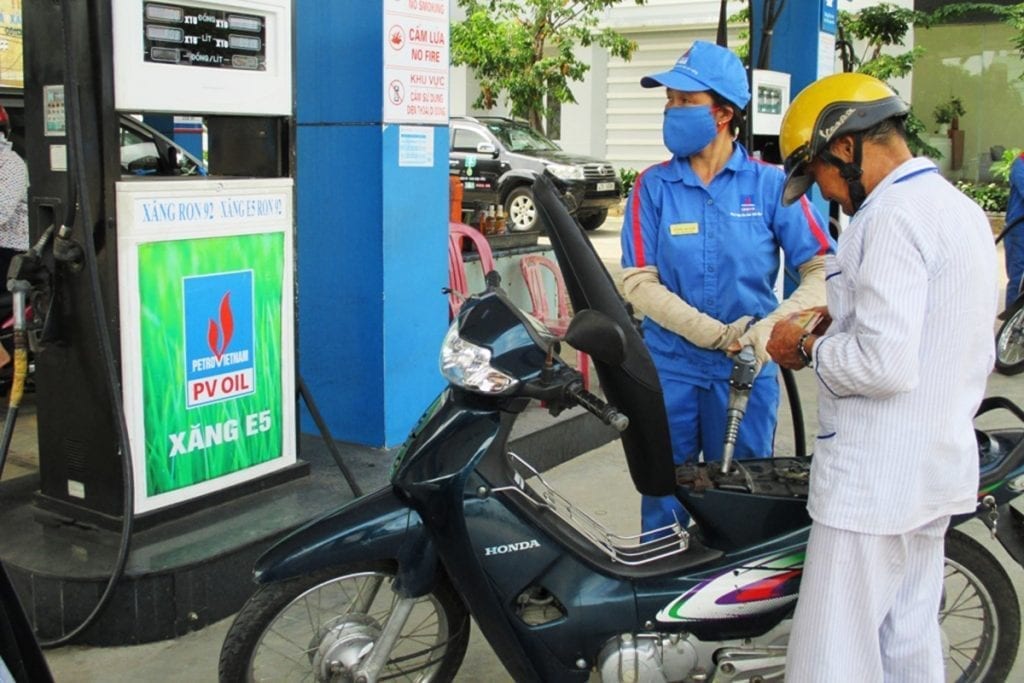Gasoline Prices in Vietnam See Modest Recovery After Five-Year Low
Vietnam’s gasoline prices have marked a slight upward shift, coming off their lowest levels in five years. This change comes as various factors in the global oil market begin to stabilize and reshape consumer trends in fuel purchasing.
Price Surge for Popular Fuels
On Thursday afternoon, the fuel landscape in Vietnam experienced an increase:
- RON95: Up by 4.14%, now priced at VND19,630 per liter.
- Biofuel E5 RON92: Rose 4% to VND19,230 per liter.
- Diesel: Increased by 2.88%, reaching VND17,520 per liter.
These price adjustments reflect surging consumer demand and market corrections following the previous lows.
Factors Driving the Increase
The recent fluctuations in gasoline prices can be attributed to multiple catalysts within the global oil market. Key influences include:
- A recent report from the U.S. Energy Information Administration indicating a rise in U.S. crude oil inventories.
- Policy changes from the Trump administration affecting goods taxes from trading partners.
- Anticipated increases in OPEC+ oil production shortly.
The global benchmark prices have also seen upward movement, with RON95 surging to $77.3 per barrel, up by 5%, while diesel increased by 3% to $80.90 per barrel.
Impact on the Retail Sector and Consumers
The recovery in gasoline prices could have significant implications for retail, particularly in sectors relying heavily on transportation and logistics. As fuel prices stabilize, consumers might see a gradual adjustment in product pricing, influencing overall spending behaviors.
Questions & Answers
- What led to the recent increase in gasoline prices in Vietnam? The increase is primarily due to a rise in global oil prices influenced by U.S. crude inventory changes and adjustments in OPEC+ production.
- How much have prices changed for popular fuel types in Vietnam? RON95 rose 4.14% to VND19,630, Biofuel E5 RON92 increased 4% to VND19,230, and diesel saw a 2.88% increase to VND17,520.
- What might be the impact of rising gasoline prices on consumers and the retail sector Rising gasoline prices could lead to higher transportation costs, potentially resulting in increased prices for consumer goods and altering spending patterns in the retail sector.

